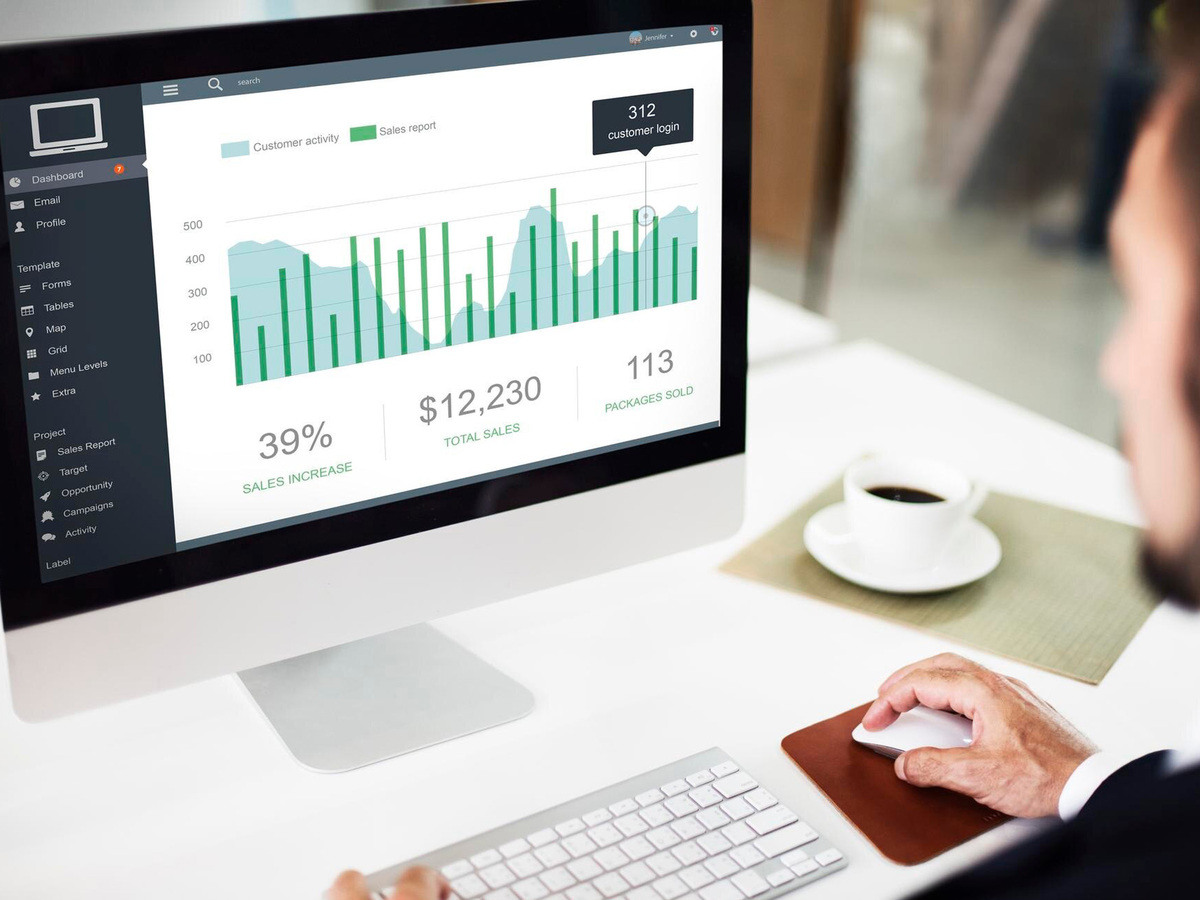
Building Financial Health: Smart Tips for Entrepreneurs in Transition
Budgeting, technology, and building a cash cushion for success.
As an entrepreneur, you’re no stranger to change. Maybe you're launching a new business or pivoting an existing one. In either scenario, transitions are part of the entrepreneurial lifestyle. But as you move from one chapter to another, maintaining strong financial health can be tricky. Life changes like moving cities, changing business models, or balancing work with personal responsibilities can make managing finances feel overwhelming.
Don't worry. With the right financial strategies and tools, you can navigate these transitions smoothly and set yourself up for success. Start here to find the best tips for managing your financial health during periods of change.
Review Your Budget

When you’re going through changes, your financial priorities often shift. You could be expanding your business or hiring more employees, for instance. Or perhaps you’re finally taking a sabbatical to travel and recharge. Whatever the case, your budget needs to reflect your new reality.
Begin reviewing your current budget and identify areas where adjustments are necessary. Do you need to increase spending on marketing or professional development? Are there expenses you can cut back on, like office rent if you’re working remotely?
Make sure you have a clear understanding of your income and expenses. Prioritize spending that will move your business forward, like hiring another team member to tackle marketing or accounting. Be realistic about your financial goals during transitions and plan for both best-case and worst-case scenarios. That way, you can remain flexible without sacrificing your long-term goals.
Leverage Technology for Financial Management

Keeping track of invoices, payments, and expenses is always a challenge. But that’s especially true when you’re making a lifestyle or business transition. Fortunately, thanks to technology, you can streamline your financial management with apps designed specifically for entrepreneurs.
One great example is Joist, an all-in-one invoicing and estimate app tailored for small business owners. Joist helps you generate professional estimates, send invoices, and even receive payments - all from your phone or laptop.
Turning to an app can keep you organized and save you time by automating tasks. You won’t need to manually send payment reminders or track expenses, for example. Additionally, a good app provides you with the tools to ensure you get paid on time, which is crucial when cash flow might be tighter during transitional phases.
Build a Cash Cushion

No matter how well you plan, transitions often come with unexpected expenses. You might experience a delayed payment from a client. Maybe you encounter an emergency expense for an unanticipated health issue. These bumps in the road could derail your financial plan if you’re not careful. That’s why it’s essential to build a cash cushion to protect yourself.
Ideally, aim to save at least three to six months’ worth of operating expenses. This safety net will help you cover costs like payroll, rent, or business software subscriptions even if revenue dips for a while. When you have a cushion in place, you can direct your attention toward growing your business without concerns about cash flow.
If building a significant buffer feels overwhelming or unattainable, start small. Set aside a portion of your profits each month. Then you can gradually build your reserves over time.
Plan for Taxes Early

Income can be unpredictable and unsteady for entrepreneurs. Plus, when you’re already busy, taxes can sneak up on you. Planning for taxes early is especially important during times of transition when income streams might change. Otherwise, you could miss setting aside enough money for your tax obligations.
Estimate your tax liability based on your projected income, and set aside money regularly so you’re not scrambling to make payments. Many entrepreneurs find it helpful to open a separate business savings account specifically for taxes. Then they can transfer a percentage of their earnings into that account after each payday.
For more complex tax situations, consult a tax professional. They can make sure you’re maximizing deductions and staying compliant with tax laws. In addition, apps can help you keep track of your expenses throughout the year.
Monitor Your Cash Flow

Cash flow is the lifeblood of any business. And it's even more critical during transitional periods. Keep a close eye on the money coming in and going out of your business. You want to avoid running short of cash or sinking into debt.
Your business plan should be your roadmap for your financial audit timeline. Make it a habit to review your cash flow regularly - weekly or monthly - so that you can spot any potential problems early. Look for trends in your revenue and expenses, like seasonal or downward shifts.
Invest in Yourself

During periods of transition, it’s easy to get so caught up in managing your business that you forget to invest in yourself. But taking the time to learn new skills or boost your health can pay off in the long run.
If possible, set aside part of your budget for professional development. This could include attending a workshop or taking an online course. A business coach could help you navigate changes, too. You could also put time and money toward investing in your mental and physical health. Taking a fitness class, for instance, could help you feel more confident and clear-headed.
Be Prepared for Transitions
Transitions are inevitable for entrepreneurs, but with the right financial strategies, you can make them smoother and more manageable. Revisit your budget and use technology to stay organized with expenses and invoices. Commit to building a cash cushion and reserve enough money for taxes. Finally, invest in yourself, too, to establish a foundation for long-term success - even during the most challenging times.











